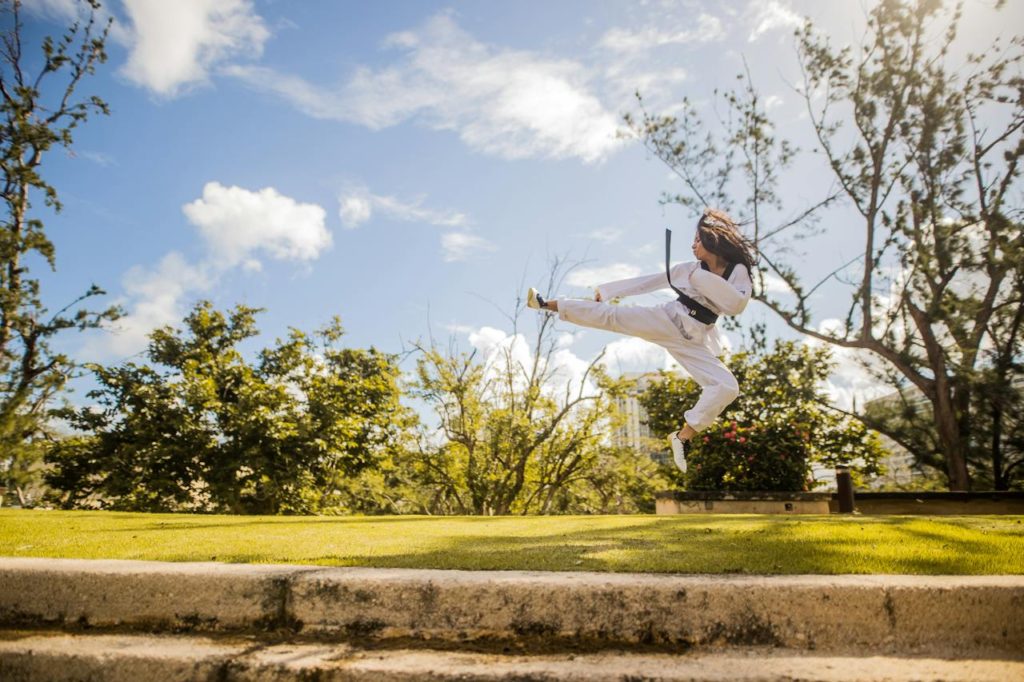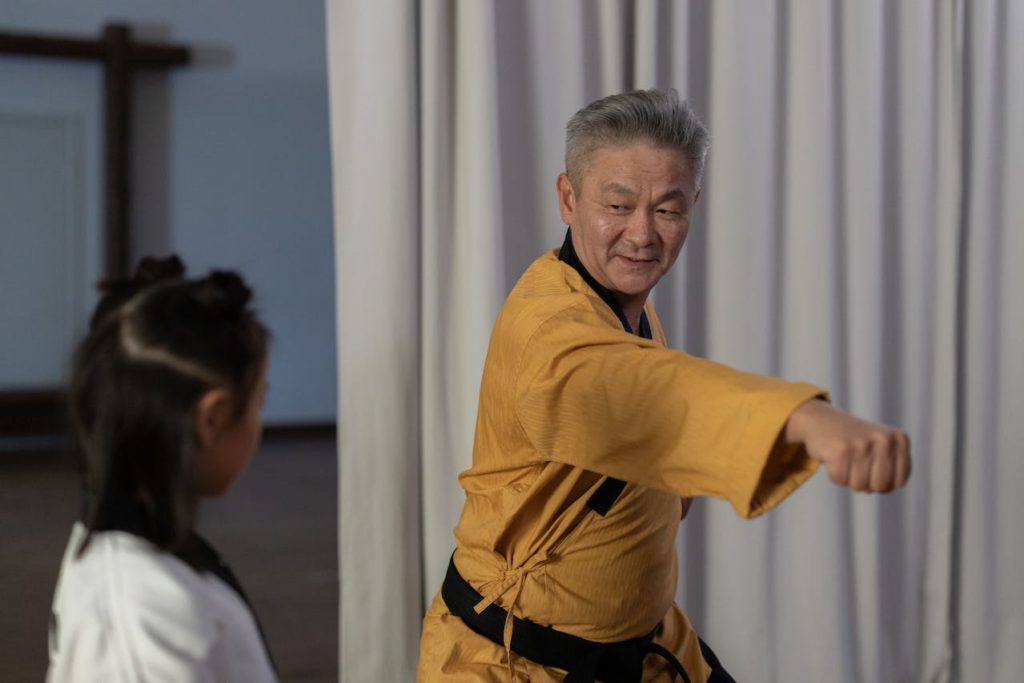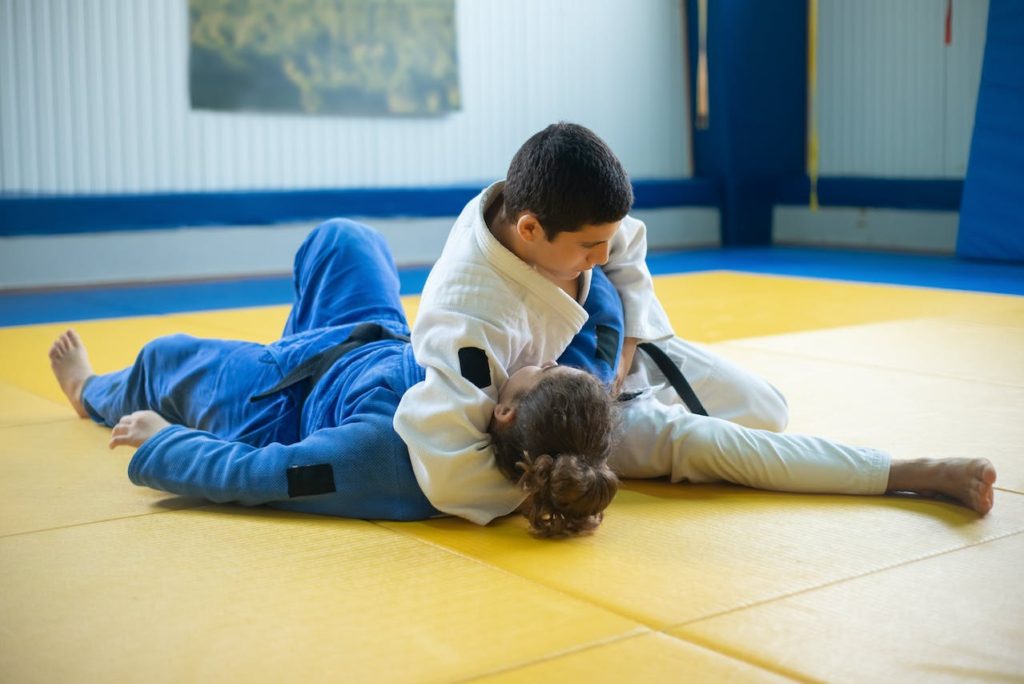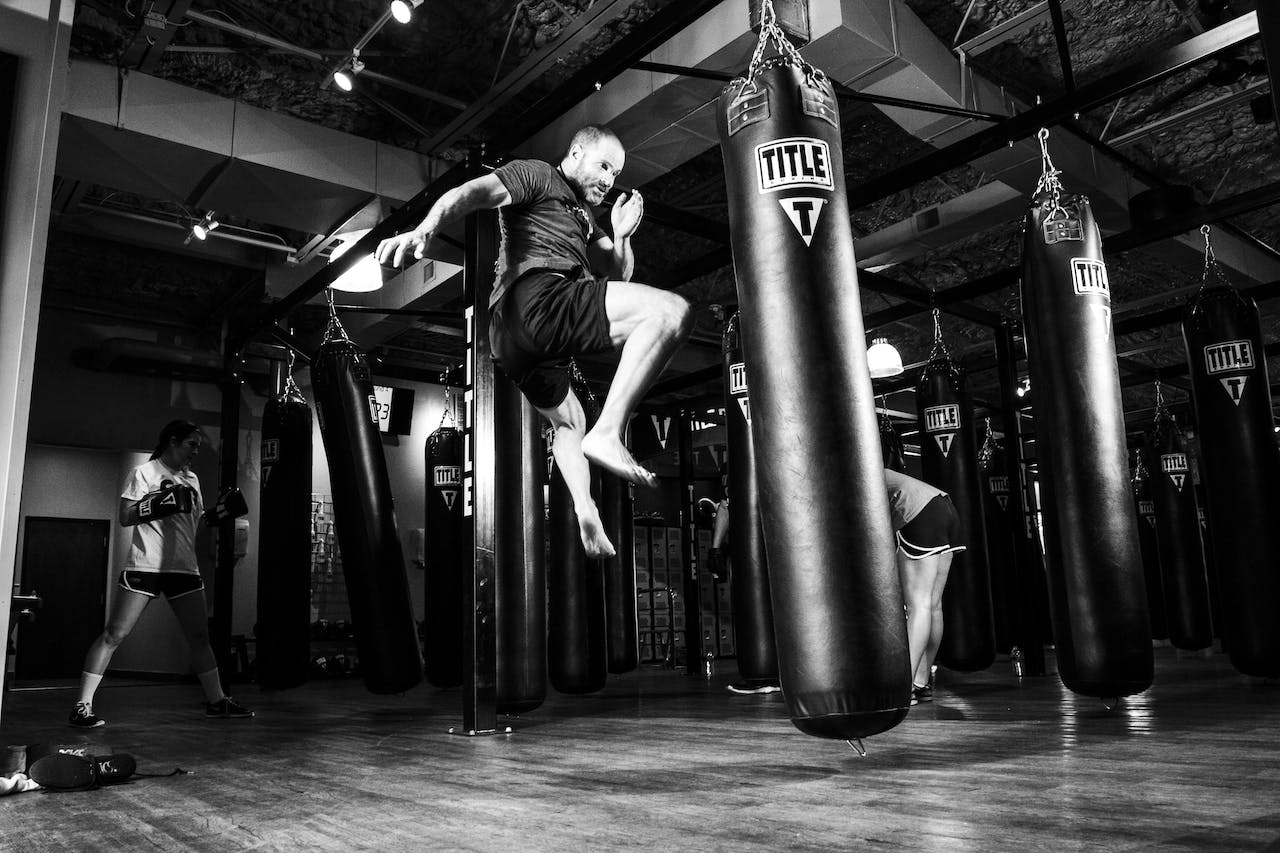Leadership is not an easy task. It requires discipline, perseverance, and a clear mind to guide your team towards success. It is a daunting challenge and one that everyone cannot achieve. However, martial artists – warriors who have mastered the art of self-defense – are well-equipped to take on this challenge. Through years of rigorous training, martial artists develop a unique set of skills that are crucial for effective leadership. Luca Filat will explore how martial arts can help you become a better leader and how you can harness its power to achieve your leadership goals.
Focus and Concentration:

Martial arts require extreme focus and concentration. It is a discipline that demands complete attention to every move, every breath, and every thought. This focus and concentration can help leaders in many ways. By being fully present in the moment, leaders can make better decisions, be more aware of their surroundings, and stay calm in stressful situations. Moreover, leaders who can focus on their goals without being distracted by minor details are more likely to succeed.
Perseverance and Resilience:
Martial arts are not easy. They require a great deal of perseverance and resilience to master. Martial artists train for hours daily, enduring pain, exhaustion, and failure. This kind of training builds resilience and perseverance, two qualities that are essential for effective leadership. Leaders who persevere through tough times, bounce back from failures, and keep moving forward toward their goals are more likely to inspire their team and achieve success.
Self-Discipline and Self-Control:
Martial arts are all about self-discipline and self-control. A martial artist must learn to control their emotions, impulses, and reactions. This kind of self-discipline and self-control can help leaders in many ways. Leaders who can control their emotions and reactions are better able to communicate effectively, resolve conflicts, and make sound decisions. Moreover, leaders who lead by example and practice self-discipline will inspire their team to do the same.

Teamwork and Collaboration:
Martial arts are not just about individual skills. It is also about teamwork and collaboration. Martial artists train together, spar together, and learn from each other. This kind of teamwork and collaboration can help leaders in many ways. Leaders who can work effectively with their team, delegate tasks, and communicate are more likely to succeed. Moreover, a leader who fosters collaboration and teamwork will inspire their team to work together towards a common goal.
For instance, martial arts has a concept called “randori,” where multiple practitioners spar together to improve their skills. This can be seen as a metaphor for teamwork and collaboration in leadership, where individuals work together to improve themselves and achieve success as a team.
Adaptability and Flexibility:
Martial arts require practitioners to adapt and adjust to different situations constantly. Techniques that work in one situation may not be effective in another. This ability to adapt and be flexible is also crucial for effective leadership. In today’s fast-paced and ever-changing business environment, leaders must be able to adapt quickly and make decisions based on the current situation. By honing this skill through martial arts, leaders can become more adaptable and flexible, allowing them to navigate challenges and achieve success.
Humility and Respect:

Martial arts are rooted in a tradition of humility and respect. Martial artists are taught to respect their opponents, teachers, and fellow students. This kind of humility and respect can help leaders in many ways. Humble and respectful leaders are more likely to gain the trust and loyalty of their team. Moreover, a leader who treats everyone respectfully, regardless of status or position, will inspire their team to do the same.
In addition to these qualities, martial arts also instill important values such as courage, discipline, and determination – all of which are crucial for effective leadership. By harnessing the power of martial arts, leaders can become better equipped to face challenges, inspire their teams, and achieve success.
Final Thoughts
In conclusion, martial arts can be a powerful tool for effective leadership. By practicing focus and concentration, perseverance and resilience, self-discipline and self-control, teamwork and collaboration, and humility and respect, martial artists develop unique skills crucial for leadership. These skills can help leaders inspire and guide their teams toward success when harnessed properly. So, if you aspire to be a better leader, consider harnessing the power of martial arts. The warrior’s path to effective leadership awaits.







